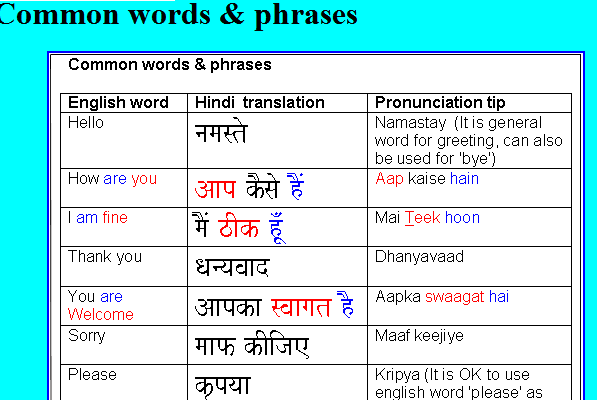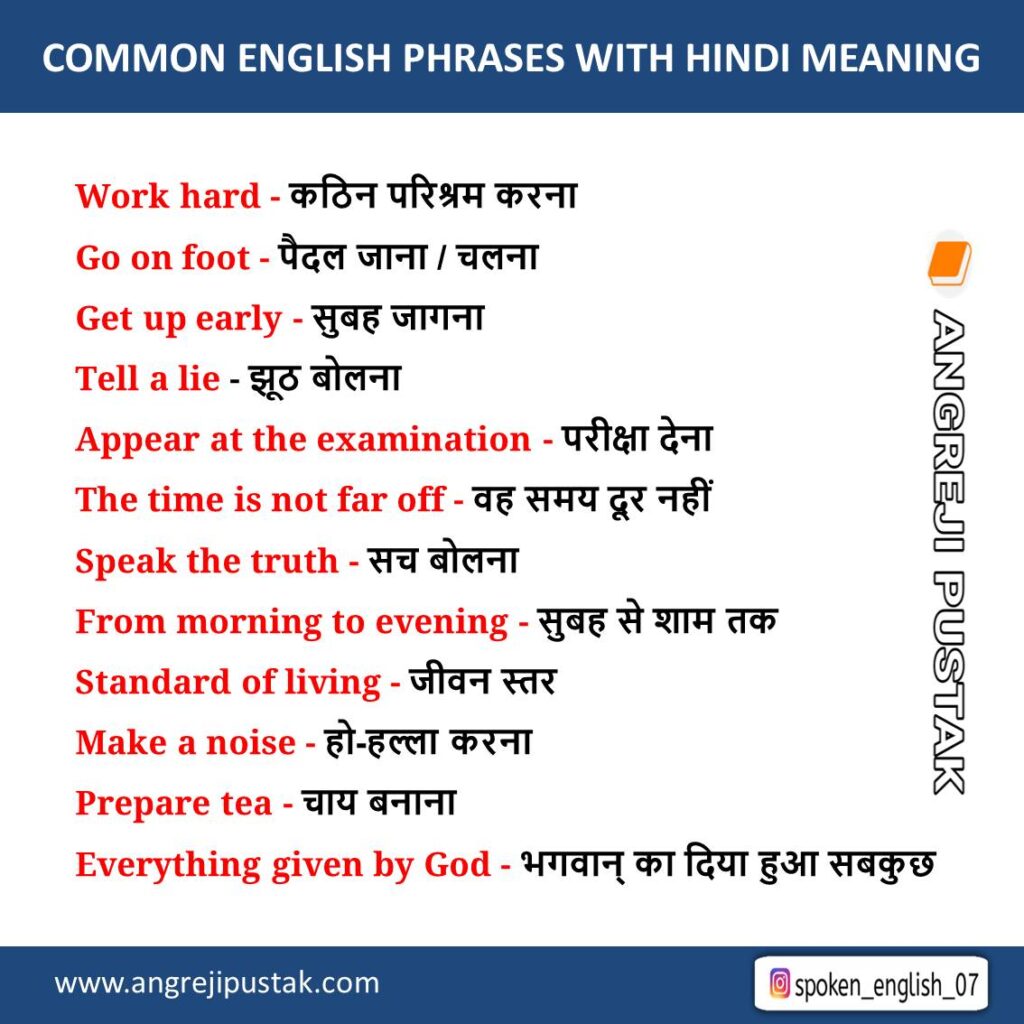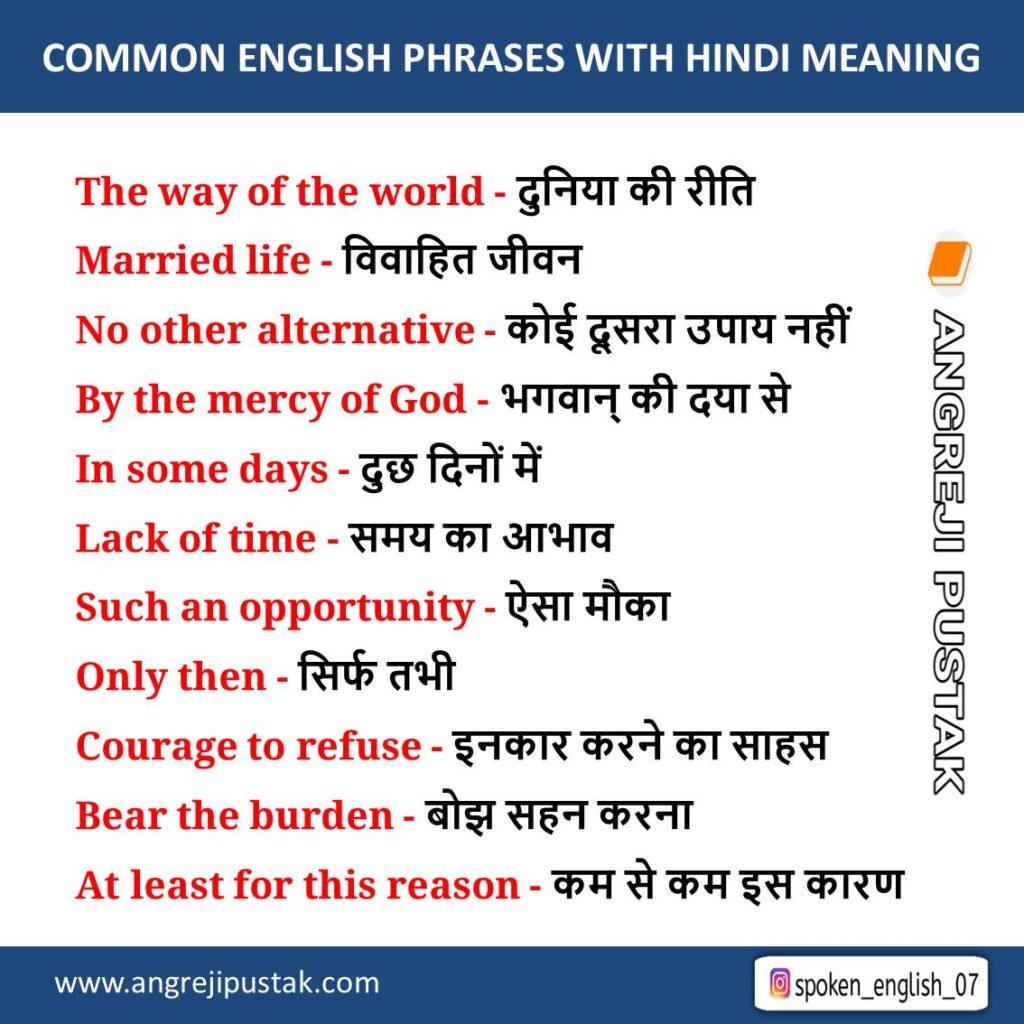"Karte Hai" in English: An Exploration of a Common Hindi Phrase
Verwandte Artikel: "Karte Hai" in English: An Exploration of a Common Hindi Phrase
Einführung
Mit Begeisterung werden wir uns durch das faszinierende Thema rund um "Karte Hai" in English: An Exploration of a Common Hindi Phrase vertiefen. Lassen Sie uns interessante Informationen zusammenfügen und den Lesern frische Perspektiven bieten.
Table of Content
"Karte Hai" in English: An Exploration of a Common Hindi Phrase

The phrase "karte hai" is a fundamental part of the Hindi language, often used to express actions, intentions, and even habits. While it translates directly to "do" or "are doing" in English, its usage encompasses a broader spectrum of meaning and nuance. Understanding this phrase is crucial for comprehending the subtleties of Hindi communication and gaining a deeper appreciation for the language’s expressive power.
Deconstructing "Karte Hai": A Deeper Look
"Karte Hai" is a combination of two words: "karte" and "hai."
- "Karte" is the present continuous tense of the verb "karna," meaning "to do." It indicates an ongoing action.
- "Hai" is the present tense of the verb "hona," meaning "to be." It functions as a copula, linking the subject to the action.
Therefore, "karte hai" literally means "are doing" or "is doing." However, its usage extends beyond a simple literal translation.
Exploring the Nuances of "Karte Hai"
1. Expressing Actions:
In its most basic form, "karte hai" expresses an ongoing action. For example, "Hum khana karte hai" translates to "We are eating." This usage highlights the present continuous nature of the action.
2. Indicating Habits:
"Karte hai" can also express habitual actions or routines. For instance, "Main roz subah chai karte hai" translates to "I drink tea every morning." This usage emphasizes the regularity and consistency of the action.
3. Conveying Intentions:
The phrase can also express intentions or plans. "Aap kal kya karte hai?" translates to "What are you doing tomorrow?" This usage explores the speaker’s future plans or activities.
4. Expressing General Truths:
"Karte hai" can be used to express general truths or statements that are universally applicable. For example, "Pani peena jaruri hai" translates to "Drinking water is necessary." This usage emphasizes the general nature of the statement.
5. Expressing Polite Requests:
In certain contexts, "karte hai" can be used to make polite requests or suggestions. "Aap yeh kaam karte hai?" translates to "Could you please do this work?" This usage demonstrates a softer and more indirect approach to requests.
Understanding the Context
The meaning of "karte hai" is heavily dependent on context. The surrounding words, tone of voice, and the situation itself all contribute to the phrase’s interpretation.
For example, "Main ghar jaa raha hoon" (I am going home) and "Main ghar jaa raha hoon, kya aap chalna chahte ho?" (I am going home, do you want to come?) convey different meanings despite both containing "ja raha hoon."
Benefits of Understanding "Karte Hai"
- Enhanced Language Comprehension: Understanding the nuances of "karte hai" allows for a deeper comprehension of Hindi conversations and written texts.
- Improved Communication: Using "karte hai" appropriately enhances communication by conveying the intended meaning and adding richness to the language.
- Cultural Sensitivity: Recognizing the cultural significance of the phrase demonstrates respect for the language and its speakers.
FAQs about "Karte Hai"
Q1: Is "karte hai" always used in the present tense?
A: While "karte hai" is primarily used in the present tense, it can also be used to express future intentions or habitual actions.
Q2: How does "karte hai" differ from "karta hai"?
A: "Karte hai" is used for plural subjects or general statements, while "karta hai" is used for singular subjects.
Q3: Can "karte hai" be used in formal contexts?
A: Yes, "karte hai" is widely used in both formal and informal settings. However, the specific usage might vary depending on the context.
Q4: Are there any regional variations in the usage of "karte hai"?
A: Yes, there might be slight variations in pronunciation or usage depending on the region. However, the core meaning and function remain consistent.
Tips for Using "Karte Hai"
- Pay attention to context: The meaning of "karte hai" is heavily influenced by the surrounding words and the situation.
- Consider the subject: Use "karte hai" for plural subjects and "karta hai" for singular subjects.
- Practice in different contexts: Use the phrase in various scenarios to understand its versatility and nuances.
- Listen carefully: Observe how native speakers use "karte hai" to learn its subtle variations and expressions.
Conclusion
"Karte hai" is a versatile and essential phrase in the Hindi language, reflecting the dynamism and expressiveness of the language. Understanding its nuances and applications enriches one’s comprehension of Hindi and allows for more effective and nuanced communication. By embracing the intricacies of this seemingly simple phrase, one gains a deeper appreciation for the beauty and complexity of the Hindi language.








Abschluss
Daher hoffen wir, dass dieser Artikel wertvolle Einblicke in "Karte Hai" in English: An Exploration of a Common Hindi Phrase bietet. Wir hoffen, dass Sie diesen Artikel informativ und nützlich finden. Bis zum nächsten Artikel!